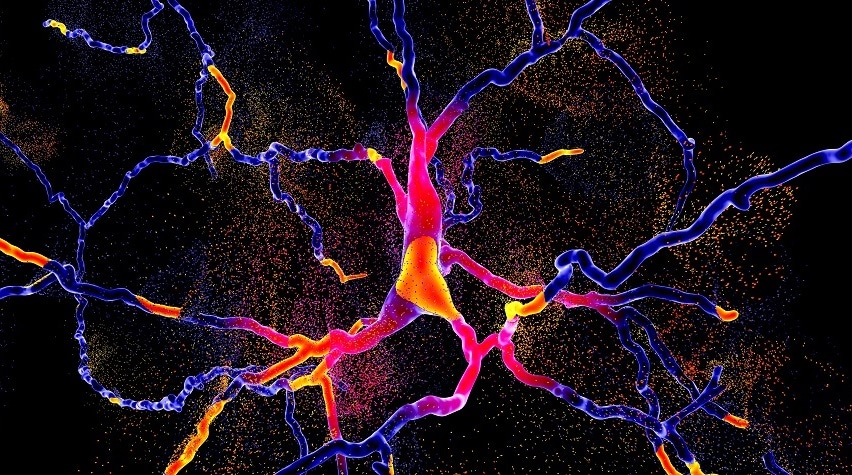
Potential new treatments for dementia and Alzheimer’s Disease
A study published in the journal Human Molecular Genetics has uncovered why clinical drug trials that aim to reduce proteins in the brain, associated with the onset of Alzheimer’s Disease and dementia have been unsuccessful. The findings are a promising sign for the development of new treatments using currently available drugs.

Credit: Kateryna Kon / Shutterstock
The research team, comprised of US and Australian scientists, sourced evidence from a broad scope of animal models and human studies of diseases linked to dementia, to demonstrate that inflammation is a significant cause rather than a symptom.
Their research illustrates how a number of genes associated with dementia control our reaction and vulnerability to inflammatory damage.
This study was a collaborative effort between Richards, the National Institutes of Health (U.S.) and the University of Adelaide’s Medical School. It has long been acknowledged that inflammation can intensify as dementia-related diseases advance, but establishing it as the cause is a new discovery. It has hitherto been assumed that inflammation merely remove tissue damage sustained due to the protein aggregates.
These findings completely reverse the existing view that tissue damage occurs prior to inflammation, as the genetic linkages indicate the opposite.
Richards compares inflammation in the brain to a virus infection, saying that:
Specific forms of gene mutation bring about a premature or more frequent failure of these systems, and the older we grow, the more these can increase.
This indicates a possible explanation for the association of dementia development and older age. A positive outcome of the findings is that by alleviating some aspects of inflammation, dementia symptoms could potentially be relieved.
Richards concludes, “With this new understanding of the disease, we now need to test existing anti-inflammatory drugs for their effectiveness in treating dementia.”
Source:






















.png)











No hay comentarios:
Publicar un comentario